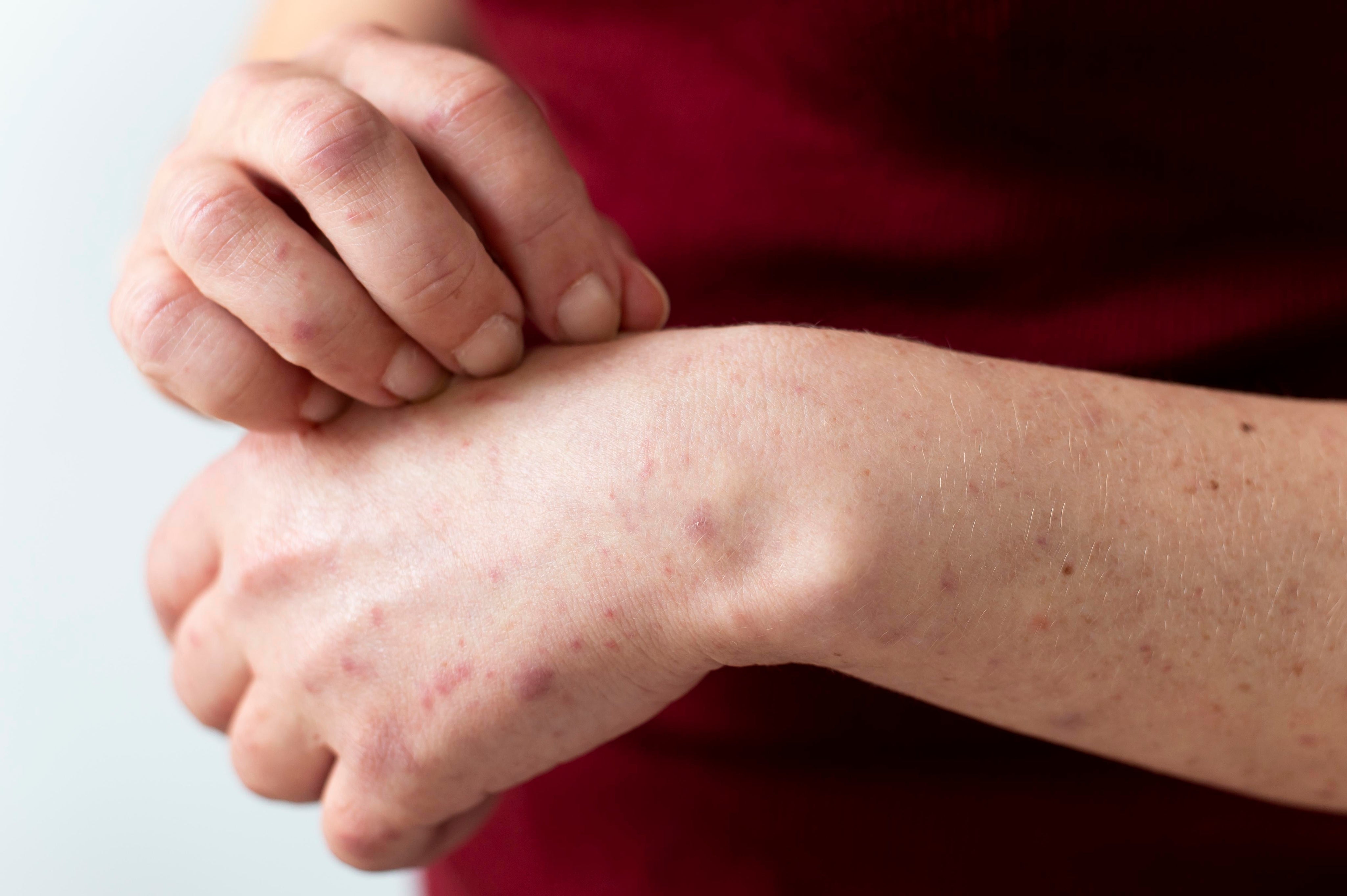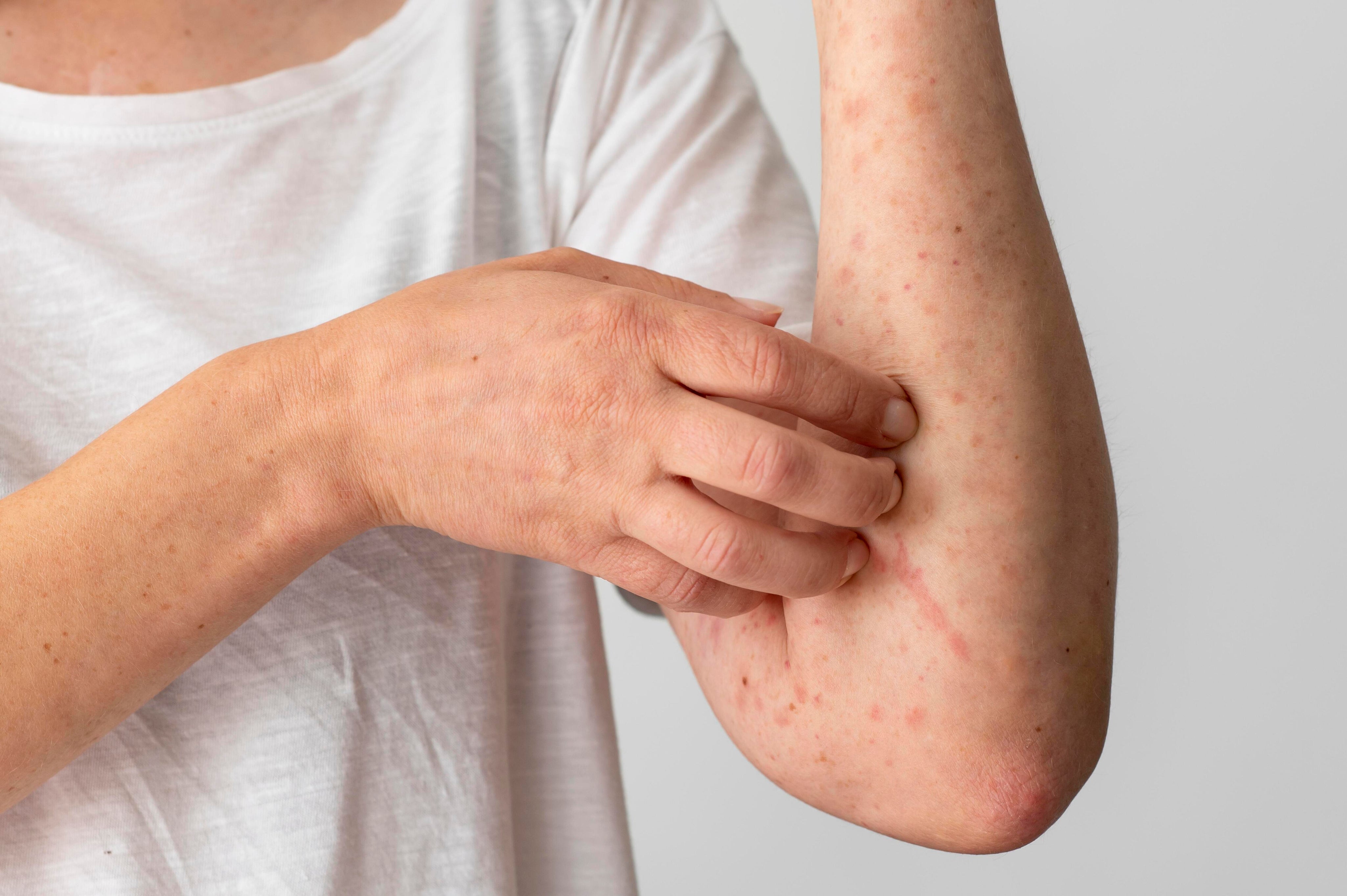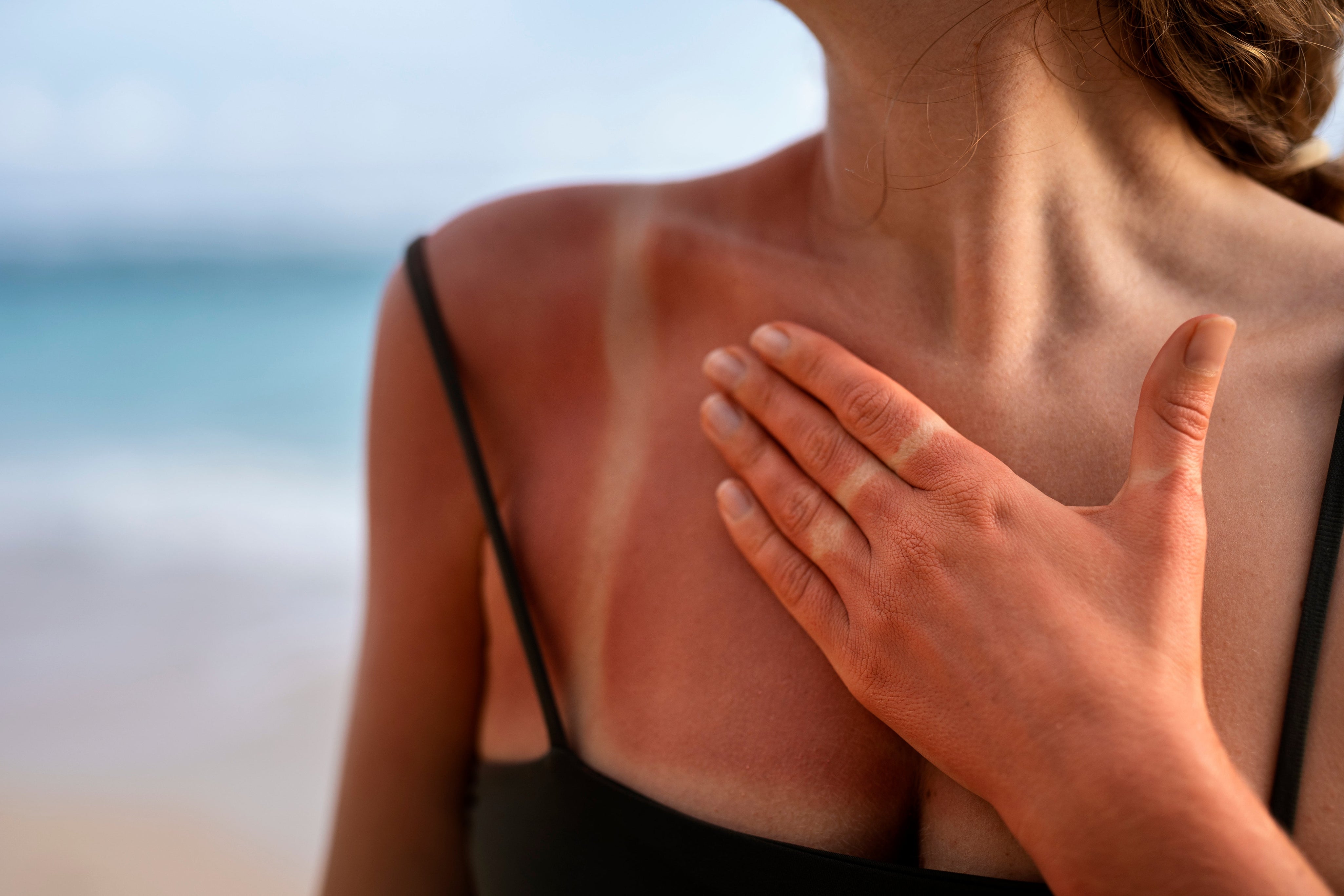What Triggers Sensitive Skin? Common Irritants and How to Avoid Them

Sensitive skin can be a frustrating condition that affects many individuals. Understanding what triggers this sensitivity is crucial to managing your skin health effectively. In this blog, we’ll explore the common irritants that can exacerbate sensitive skin and provide tips on how to avoid them.
How to Know if You Have Sensitive Skin
Determining if you have sensitive skin is essential for effective management. Here are some symptoms to watch out for that may indicate you have a sensitive skin type:
Symptoms of Sensitive Skin
- Redness: Skin may appear flushed or inflamed.
- Itching: Persistent itchiness that can lead to discomfort.
- Burning or Stinging: A burning sensation, especially after applying products.
- Dryness: Skin may feel tight and rough.
- Rashes or Flaking: Occasional outbreaks of rashes or scaling patches.
Common Triggers of Sensitive Skin
Sensitive skin can be quite unpredictable, reacting to a range of stimuli from both inside and outside the body. For those striving for calm and balanced skin, identifying common triggers is essential. Environmental factors and lifestyle choices can greatly influence sensitivity, each with its own impact and intensity. By understanding these triggers, you can take proactive steps to minimise their effects.
Here are some known common irritants of sensitive skin:
1. Harsh Weather Conditions
Extreme temperatures, whether hot or cold, can significantly irritate sensitive skin. To protect your skin during these conditions, it’s essential to dress appropriately. In colder months, wear layers of clothing that provide insulation without being too tight, and use moisturisers rich in emollients to create a barrier against the elements. Conversely, in hot weather, lightweight, breathable fabrics can help prevent overheating and irritation, while sunscreen is crucial to shield your skin from harmful UV rays.

Propaira SPF50+ Tinted Sunscreen Very High Protection UVA/UVB Spectrum
2. Sun Exposure

Prolonged exposure to UV rays can lead to inflammation, increased sensitivity, and even long-term skin damage. To minimise these risks, apply a broad-spectrum sunscreen daily, even on cloudy days, and reapply every two hours if you're outdoors. Additionally, wearing protective clothing, such as wide-brimmed hats and UV-blocking sunglasses, can offer extra defense against sun damage.
Related: 4 Best Sunscreens for Sensitive Skin
3. Dry Air
Low humidity levels, often found in winter or arid environments, can strip moisture from your skin, leading to dryness and discomfort. Using a humidifier in your home can help maintain an optimal moisture level in the air, keeping your skin hydrated. Additionally, consider applying a thicker moisturiser or oil after bathing to lock in hydration and create a protective barrier against dry air.
 Dermaceutic Hyal Ceutic Intense Moisturizer
Dermaceutic Hyal Ceutic Intense Moisturizer
4. Fragranced Products
Many skincare and household products contain synthetic fragrances that can trigger allergic reactions or irritate sensitive skin. To minimise the risk of irritation, opt for fragrance-free products whenever possible. This applies not only to skincare but also to detergents and cleaning supplies, as these can also come into contact with your skin.

5. Certain Fabrics

Some materials, like wool or synthetic fibers, can cause friction and irritation on sensitive skin. It's advisable to choose soft, breathable fabrics, such as cotton or bamboo, that allow the skin to breathe while reducing the risk of discomfort. Additionally, consider wearing looser-fitting clothing to decrease friction during movement.
6. Hot Water

While a hot shower can feel relaxing, hot water can strip your skin of its natural oils, leading to increased dryness and sensitivity. Instead, opt for lukewarm water when bathing and limit your shower time to avoid excessive drying. After showering, apply a moisturiser while your skin is still damp to help seal in moisture.
7. Chemical Ingredients
Many skincare products contain harsh chemicals that can irritate sensitive skin. It's important to read labels carefully and look for products that contain gentle, natural ingredients. Ingredients like aloe vera, chamomile, and hyaluronic acid are great for soothing and hydrating sensitive skin, while avoiding skincare products that contain alcohol, synthetic dyes, and sulfates.

Isdinceutics - Hyaluronic Concentrate
8. Dietary Triggers

Certain foods can exacerbate skin flare-ups for some individuals. Keeping a food diary can help you identify any dietary triggers that may worsen your skin condition. Common culprits include dairy products, gluten, and highly processed foods. Maintaining a balanced diet rich in antioxidants, omega-3 fatty acids, and hydration can support overall skin health.
9. Pollution
Environmental pollutants can damage the skin barrier and exacerbate sensitivity. Pollutants from the air can lead to oxidative stress, resulting in premature ageing and irritation. To combat these effects, establish a regular cleansing routine to remove dirt and impurities from your skin. Additionally, incorporate protective skincare products, such as serums with antioxidants, to help defend against environmental damage.

10. Stress and Lack of Sleep

High-stress levels and insufficient sleep can lead to a variety of skin issues, including increased sensitivity and flare-ups. It’s essential to practice stress management techniques, such as mindfulness, meditation, or yoga, to help maintain a calm mind. Ensuring you get enough restorative sleep each night—ideally 7-9 hours—can also significantly improve your skin's appearance and resilience.
11. Hormonal Changes
Fluctuations in hormones—especially during menstruation, pregnancy, or menopause—can heighten skin sensitivity, leading to breakouts, dryness, or redness. Supporting your skin from within can help maintain balance. Consider taking prebiotic supplements to promote gut-skin health, which may play a role in managing hormonal skin sensitivity. A well-balanced diet, proper skincare, and internal support can also make a difference. If sensitivity persists, consulting a dermatologist can provide personalised solutions.

When to Seek Professional Help
If you're dealing with persistent symptoms or severe skin reactions, it’s crucial to consult a dermatologist or qualified skin care professional. These experts offer personalised care tailored to your skin's needs. A thorough evaluation will help you understand the causes of your skin concerns and identify effective treatments to improve your sensitive skin's health. By taking this step, you ensure you receive the best guidance for your skin's individual needs.
Manage Sensitive Skin with Expert Care at Skin to Heart
Looking for expert care for your sensitive skin and other skin concerns? Our specialists are here to help you find the best solutions tailored for you. Here at Skin to Heart , we offer a wide range of high-quality skincare products and professional treatments to help you maintain healthy, radiant skin. Book a consultation with us and start your journey towards beautiful, balanced skin.
- Tags: sensitive skin
0 comments

